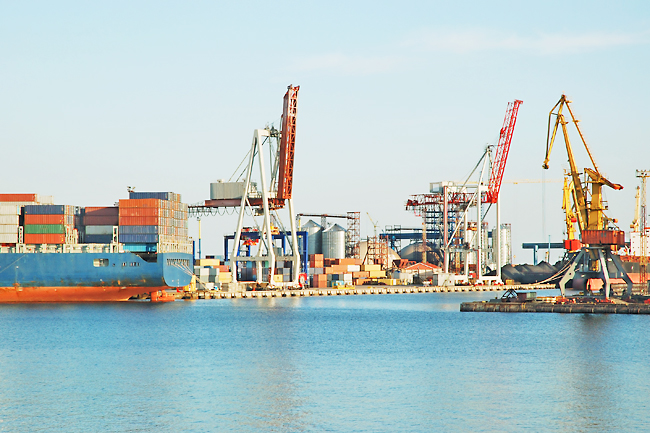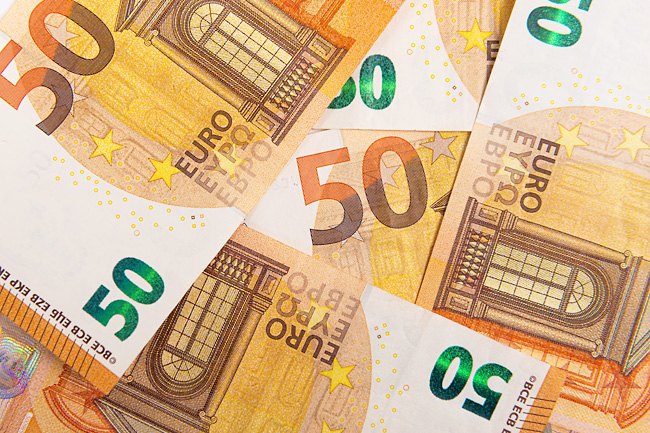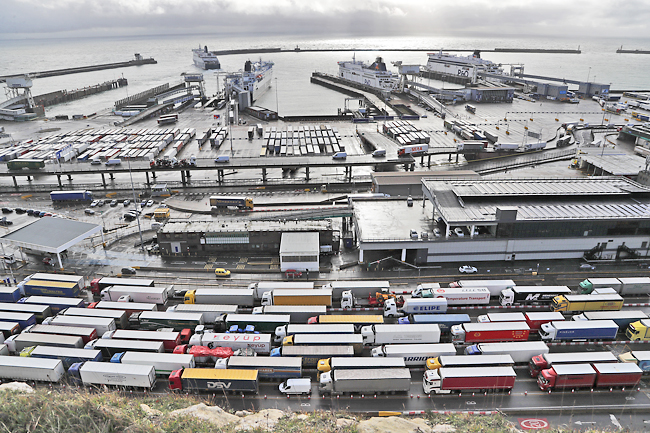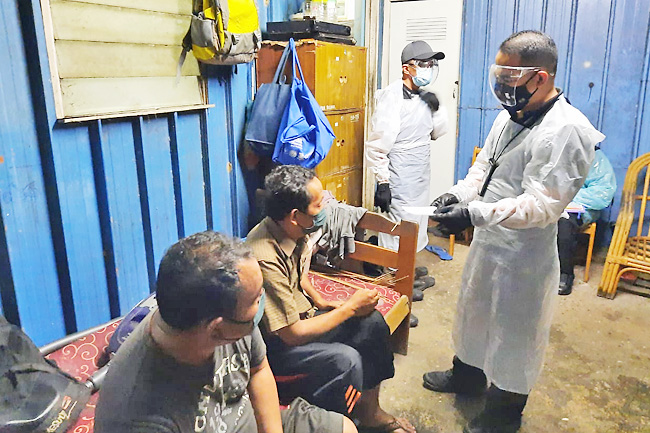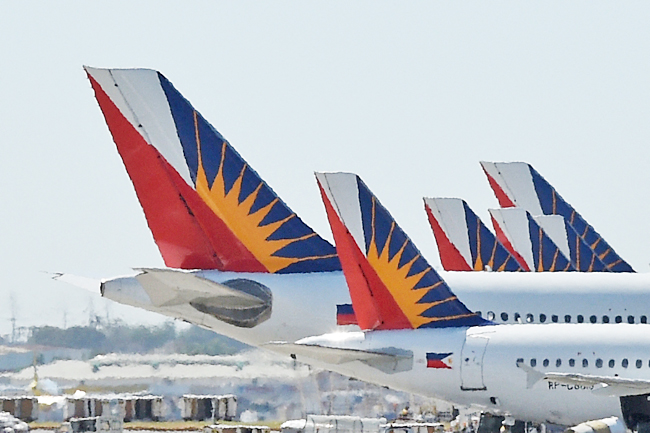THE STAR – From Ocean Day on June 8 to International Peace Day on September 21 to Human Rights Day on December 10: the United Nations (UN) has designated well over 100 international days since its inception.
UN International Days “mark important aspects of human life and history” and offer us the chance to organise activities related to the theme of the day, said UNESCO.
With just the UN’s list, you’d have your calendar well filled. But as the website www.daysoftheyear.com shows, that this is by no means all. National holidays and celebrations are spread throughout the year. From Thesaurus Day on January 18 to Taco Day October 4, most days have multiple reasons to celebrate.
Here are a few of the days that will help make the time between January and March more special.
JANUARY 20: INTERNATIONAL MUSEUM SELFIE DAY
This day is thanks to digital enthusiast Mar Dixon, an influencer specialising in culture and who founded Museum Selfie Day in 2014.
Since then, it has been celebrated every third Wednesday in January. Anyone can take part, from visitors to curators.
Dixon’s idea is to help museums get more visibility online by prompting people to post pictures of themselves from the museum using the hashtag #museumselfie and note the image rights.
Started as a Twitter campaign, it has now also expanded onto Instagram with more than 95,000 museum selfies from all over the world.
With her project, Mar Dixon has created a platform with which art and culture can receive the attention they deserve, especially during the pandemic – and not just on January 19.
But especially on this day, it’s worth searching your own smartphone gallery for old holiday treasures to share with the world and support museums.

JAN 26: AUSTRALIA DAY COCKROACH RACES
The national day Australia is observed in January, with the programme including community barbecues, parades and the legendary Australia Day Regatta in Sydney Harbour. Meanwhile, Perth puts on the nation’s largest fireworks display.
In Brisbane’s Story Bridge Hotel, however, things are rather more peculiar: the 39th Cockroach Racing Gold Cup will take place there this year. While the Aussies generally treat their ubiquitous cockroaches and life in general with “no worries”, the date of Australia Day is controversial. It marks the arrival of the First Fleet and raising of the British flag by Arthur Philipp on January 26, 1788, which began the oppression, successive extermination and expropriation of the indigenous population.
Aboriginal groups refer to January 26 as Survival Day. Even if this dark chapter is reflected upon on Australia Day, it is inextricably linked with May 26, National Sorry Day. The annual event commemorates the mistreatment of Aborigines and the Stolen Generations. Children were removed from their biological families and forcibly adopted up until the 1970s – a human rights crime for which the Australian government officially apologised for the first time in 2008.
MARCH 1: PLAN A SOLO VACATION DAY
With the end to lockdown measures possibly coming soon, what could be nicer than being able to make travel plans again. This includes solo trips, which are celebrated every year on March 1.
There are many good reasons for travelling solo. Blogger Sven Giese names one of them based on his own experience. “Instead of staying in your own social bubble, you are literally forced to approach others.” Statistics prove that the trend shows no signs of stopping, including for female travellers.
MARCH 10: INTERNATIONAL BAGPIPE DAY
A great day for a great instrument: in 2012 the British Bagpipe Society declared March 10 to be International Bagpipe Day.
What some people may not realise is that the sounds of the bagpipes don’t just drift across the Scottish Highlands. Nor was it the Scots who invented them; the peculiar woodwind instrument only reached Scotland in the 14th Century. Predecessors probably existed in ancient times. Nowadays, bagpipes are played all over the world.
A feast for the ears with a competitive atmosphere can be found in Glasgow, where the World Bagpipe Championships have been held over several days every summer for about 40 years.
More than 200 international bands compete against each other. If you’re inspired to learn to play the bagpipes yourself, you can take online lessons from experts, for example from the Glasgow National Piping Centre. Or why not put Scotland on your personal bucket list for 2022?
